|
Today is July 21, which is my very last day as an active duty sailor for the United States Navy. I've been serving for five years and one month, the majority of that time being the principal horn player for the United States Pacific Fleet Band in Pearl Harbor Hawaii. I decided to leave the Navy nearly a year and a half ago, and I am so excited to get started on a new career in new music and independent horn playing. I wanted to write this post as a means to share what I've done as a horn player (and more) in the Navy, what I'm proud of, and some thoughts on military music. To be clear, I cannot cover everything. MusicServing in The Harbor Brass Quintet with Chris Bettler, Alyssa John, Michael Edalgo, and Jonathan Holladay has been the greatest musical period of my life. We had some incredible members at other times (Luke Reed, Dakota Keller, Ivan Vasquez, Dan Honeycutt...) who all contributed at different times, and every one of those members taught me so much about... everything. I caught lightning in a bottle with this group, and if any of them feel half as good about me as I feel about them, it'll be the highest compliment I've ever received. We toured Alaska three times and performed all around Hawaii. We completed recording projects, participated in festivals, and did masterclasses for college students. I went with an early version of that group to East Timor. In addition to the brass quintet, I also served as a soloist for the brass ensemble, played so much in the wind ensemble, did caroling in weird ensembles, performed at the Midwest conference, and got to do a ton of teaching in masterclasses around the world. I have performed far more than 500 times with the Navy band, and I couldn't be more happy with my playing. It wasn't all roses. It rained, it got hot, I got two separate lip injuries, and sometimes no one showed up. I got sick on EVERY TOUR. When it's all counted for, I loved it. PhotographyI was lucky enough to serve as the principal photographer for quite a while. I got to see incredible musicians perform and take pictures of them. What's not to like? PeopleThe folks who talk about brother/sisterhood in the military aren't lying. I grew up as LGBT in Virginia. It was mostly fine, but I never understood what people mean when they talk about "Brotherhood". My time in the boy scouts was filled with bullies. My early tennis career was less fun because of toxic masculinity in teenagers and the culture. My time in the military has been so different, and has given me the opportunity to work with brilliant and wonderful people who are kind, thoughtful, and filled with energy for what their job ends up being. Those people come in so many forms, be they stunning players, keen leaders, warm teammates, or fierce advocates. I have grown through working with musicians who are far better, wiser, and stronger than I am, and I feel that I have grown through mentoring those who are not quite where I am yet. I've seen different styles of leadership and had passionate disagreements with people who clearly have a heart in the right place. I've made so many friends that I will keep forever. Thank you all. So many people let me express myself through selfies, so here’s a slideshow: AdvocacyI was proud of much of my work with the US Navy, but I was most proud of my advocacy work in sexual assault. For two years I served as one of the United States Pacific Fleet's Sexual Assault Prevention and Response Victim Advocates, attempting to be a guiding force for not only victims of sexual assault to navigate a complicated healthcare and justice system, but as an advocate in the prevention front. I viewed my role as a cultural agent working to avoid a sexually violent workplace. It was hard. In addition to my direct work with survivors of sexual assault, I spent many days (and nights) involved in investigations, reporting practices, and in meetings with members of leadership in the band and beyond to target unhealthy cultures in the military. I threw myself into this work. I made some positive changes, and failed to make a dent in other areas. The failures are loud in my mind but there are a few changes and impacts that I feel may stick for some time and help some people. I still have nightmares sometimes, but I'm getting a lot better. EducationI was able to serve as the music education outreach coordinator for two years. During this time, I was able to increase the music educational outreach footprint of the band by 400%- an effort that had been supported by leadership at the time. New leadership changes impacted that goal, but hundreds of kids got to work with military band members during that time, when they otherwise wouldn't. During the pandemic, I started the Navy's first online education program, reaching hundreds more students with individual masterclasses from some of our band members. On tour, I got to teach even more. It was an absolute joy. MeasurementsThere is so much that happens in the military that is unseen. I have seen many friends work tirelessly, far beyond their paygrade to complete a task meant for someone far outranking them or for a much larger team, without any training. That work, in my opinion, largely goes unrewarded. The number of people who have been unrewarded for incredible work is staggering, probably beyond my knowledge. One example of measurement's importance is the last award I got in the Navy, my "end of tour" award. My Navy and Marine Corps Achievement Medal, awarded after five years of service mentions my work as a photographer and the year I spent counting trumpets in the supply shop. I was most proud of my work as a sexual assault victim advocate. Why is it not listed on my award? "It's hard to provide numbers for that, Brian." OpportunityMilitary music, in my opinion, holds the greatest artist opportunity that the musical world has ever seen. They don't have to sell tickets. Yes, they have a clear directive from a funder, and they have to hit their metrics. That being said, the military music programs are gifted with a clear mission and a near-unlimited amount of resources with which to execute. So many in the field understand that opportunity and work tirelessly to achieve it. I will continue to root for and support those people. Thank you for your service. The RealityThe reality is that there are some events that made me embarrassed to put on the uniform. It's possible to look at military as a net-good, but when problems hit so close to home it became impossible for me to look beyond what I perceived as complacency. When I would ask leadership what they were doing about these things, the answer was always the same: We're doing all we can. Some leaders do all they can. Some don't. Thank you for your service. What now?I'll always be a veteran, and my five years with the Navy will always be an experience that I draw on to inform my decisions and to better teach my students. I'm so excited to finally be in Melbourne, Australia to chase an independent music career. I want to write for dancers, do commissions, teach students, play in an orchestra, do my solo show, and play in the pit orchestra. I want to do it all, and I'm hungry for even more than that. Please stay tuned with what I do over the next 3 years!
For now though? I'm going to go play horn and make sounds with my computer.
1 Comment
I’ve read the phrase “You are the average of the five people you spend the most time with” a lot of times. As a result, I try to hang out with people who are smarter than I am. This has the double effect of making me a bit smarter, but also making them a bit dumber, which I think is good for everybody- you know- level the playing field a bit. One of those five people suggested to me that I start daily journaling/planning. I had been getting stuck, finding it difficult to be productive in the day. I later learned that this is a symptom of some pretty serious mental health stuff, which I’m sure I’ll be writing about here later. The idea was pretty simple- that having a place daily to plan out the day might help solidify some accountability and help prevent getting stuck. I started out with a specific planner that worked ok. I found it got a little repetitive, and therefore boring in the mornings, and I would sometimes skip or get stuck anyway. I also found there wasn’t any staying power to the journal- meaning if I had ideas for pieces or blogs, that I wouldn’t have a place to put them that I could come back to later. I learned about bullet journaling, and bought a HUGE (9x12 I think) bullet journal. It’s beautiful! I reasoned that I wanted the space to explore the page. At the same time, I started to use a beautiful music composition notebook that the same friend gave me. Just five days after starting to use the two notebooks- I want to switch them. I want way more space to be creative in the composition book, and I want a little more room to focus in the bullet journal. It’s not horrible, and I’m going to use them until they are finished, or mostly finished, but all the research in the world doesn’t help until you actually are in the field trying something. That’s so frustrating!
The same effect is in play for music and photography. You really don’t know if a fingering, piece of equipment, or practice strategy is going to have the impact you’re looking for until you’re actually in the field working with it. That’s annoying, because you sometimes end up spending money that you wouldn’t spend if you could get it right the first time. Knowing about the “you can’t research your way into experience” effect can be helpful, because it empowers you as an artist to realize when you’re in a research bubble. Are you spending hours debating over which product to get? It might make sense to review a return policy and just try it. Desperately trying to learn about which practice method to use? Just try it. Commitment can be scary and the “What if I’m wrong?” feeling can be overwhelming, but simply trying a low risk product or strategy can teach you far more, and be far faster than researching ever could. Disclaimer: Horn playing is very personal! If you or your teacher have something that really works for what you’re doing, you should probably stick to that. However, I think it’s pretty cool to try and do new things every so often, so maybe you’ll like what I have to say For those of you who play horn, you know that most horns have two sides- an F side and a Bb side. Most of the time, you push the trigger button and the horn switches to the Bb side. I know a lot of horn players and each one has their own approach to the two sides of the horn. For me, choosing your horn side for each situation falls under two categories: Is there a problem, or is there not?
If the music is straightforward and you have the facility to hit all of the notes successfully, in tune, and with a tone you like, there’s nothing wrong with using the standard fingerings (basically, Bb side for everything above G in the staff, except for a few low notes, like low D). For most music, in my opinion, the conversation stops there. If there are problems, this is where you might apply different thinking. In general, I think of the horn sides as two different “modes” that I apply for different reasons. F: Smaller partials, less stable up high, darker sound Bb: Bigger partials, very stable up high, brighter sound Here are some situations where I might play outside the standard fingerings. High to Low: Say I’m playing a bunch of high notes, very articulated, very quickly, and then I have to jump down to play an D on the bottom of the staff very quickly before I bounce back up. This would be pretty difficult on the F side on the horn, but the alternate fingering 12T makes the D partial large and stable, increasing accuracy! Staying as Dark as Possible for a Slow Solo: In the brass quintet, I might be playing a solo that lives right around the line where standard fingerings would mandate using the Bb side. I might elect to stay on the F side when going above G, just to stay as dark as possible, especially if I’m trying to make a blending decision, like blending with the trombone or contrasting from the trumpets. Afraid: Yes, sometimes we get frightened, and I tend to get emotionally overwhelmed on last notes. If you’re going to shake on a last note, it might make sense to play the Bb fingering to add some stability and give you some room. Rips: The F side is a lot smaller! If you’re ripping between notes (say, C to high C), take the trigger off for the rip- you’ll find a lot more notes in between, ready to be ripped through. If you're a student who is working on the horn and excited to learn more- send me a note and get on my studio list! I offer lesson packages that provide a ton of extra content to fast track your sound and joy on the horn. After my show at the International Horn Society, I had a number of people reach out to me and ask for sheet music purchases for the Arrogance of Coconuts and First Takes #4, extended.
I haven't blogged in a while because, among other things, I have been hard at work at getting these pieces transcribed, and they are now available for purchase! Both pieces are available for Brass Quintet and Horn Quartet and can be found here at my sheet music store, brand new on the website, or below! If you choose to purchase and perform one of these pieces, please let me know! I'd love to share your performance.
I listen to music when I'm driving, cooking, cleaning, walking, working out, composing (really!), practicing, reading, hanging out, or doing literally almost anything else. My spotify algorithms are very confused! To close out the year, I wanted to share three artists that helped inspire, motivate, or improve my days in 2021
Julia Kent is a major inspiration for me, so much so, that she's in my bio! My mission as a performer composer involves adding things to my horn playing. My hope for someone listening to my show is that they could reasonably say, "There's such great storytelling, I love the electronics, and the visual component is great, but at the center of it is simply a great horn soloist."
For me, Julia Kent hits this bar and so much more- I read an interview where she had said that she wanted cello to be the central sound of all of her works. I don't think I can do that, simply because I have to breathe and take breaks more than a cellist would, but I work really hard to emulate her philosophy in music, at least in part. I find her music so centering as an artist, and enjoyably complex as a musician. It was so hard to take just one album from her body of work, but I picked Temporal, mainly for her piece, "Floating City"
Lullatone's album, "Thinking About Thursdays", taught me how to be more open-minded when it comes to selecting my listening. Lullatone is SO FAR OUTSIDE what I see myself listening to and writing. I found this album so charming and fun! I learned not to judge an album by its cover or instrumentation, and I'm so glad I found it.
I'm a brass lover through and through. The Blech Brass Brothers not only put out this album of some excellent brass playing, but finding their album on spotify was a boon to my ears because the algorithm suggested so many more great German and Austrian Brass groups!
I love their sound, flexibility, and arranging. It's so funny to hear a really great arrangement of "Can't Help Falling in Love" (d?)evolve into a traditional polka! --- I hope you like these albums- if you do, go look them up on the socials and give them a follow or a shoutout! As for me, I have a huge 2022 coming up, and I'm looking forward to telling you all about it in the next few weeks. Happy New Year! -Brian KM I get rejected a lot. It sucks. A few weeks ago I got a rejection letter. I have MANY rejection letters. (In fact, as I'm writing this in October, I looked at my notes. I've been rejected or ignored about four times more than I've been accepted to something) This one particularly stung though, because I had been rejected from an artist residency that I thought was a particularly good fit. This was a nature based residency where they were looking for multi media artists who want to provide accessible looks into their workflow and art. Sounds right up my alley- right? I put a ton of hours into the application, had it reviewed by a number of successful people, and I thought I had put my best foot forward. Unfortunately, the jurors didn't agree, and I got a very nice email on a Monday morning, explaining how hard it was to make a decision and how creators are important and how I should keep going and thank you so much for my interest and so and and so forth and yeah. Cool, but you could have hired me for your thing.... Now, I'm sitting in my apartment, with no energy to compose, blasting a bunch of Seven Lions (My most recent EDM kick), writing this blog because my coach told me to. (Thanks Megan). It's very easy to get down, but here's some of what's been done since the start of this year: -Over 50 streamed performances of Brian KM Live! |
Topics |

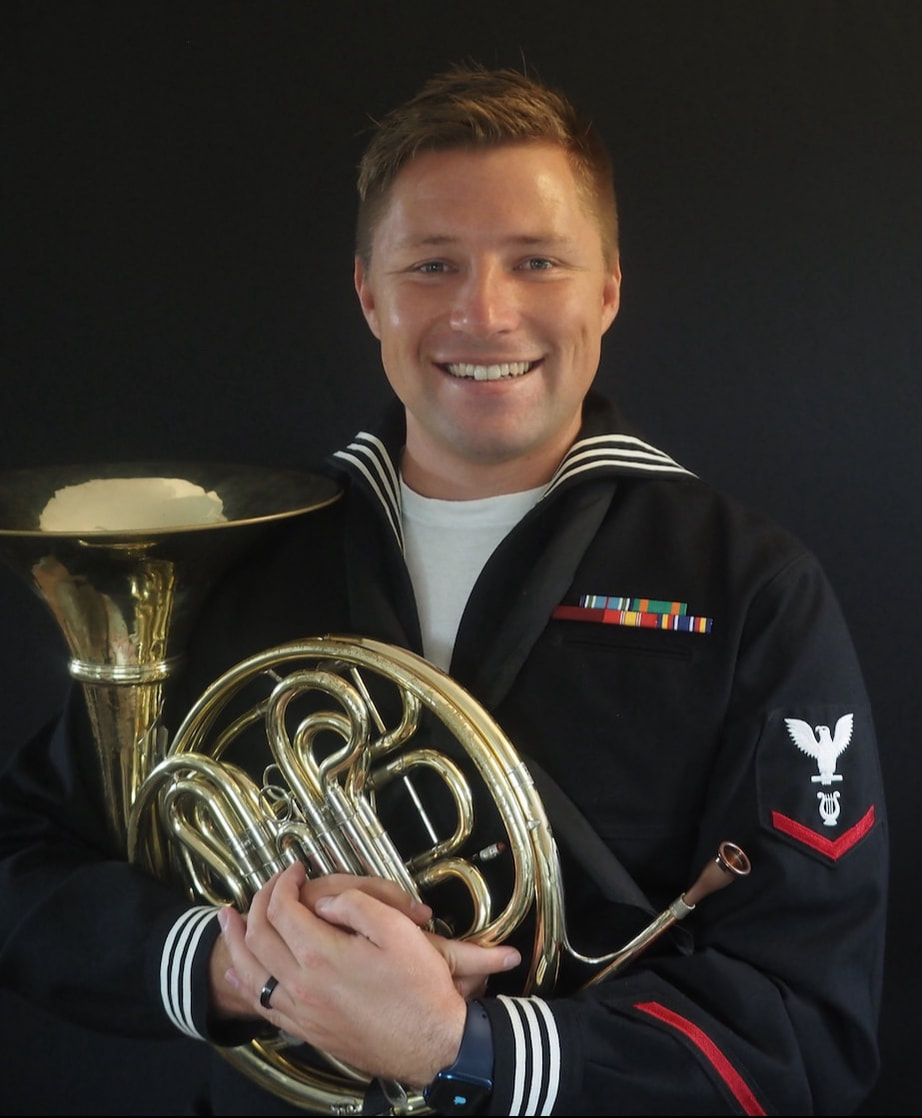
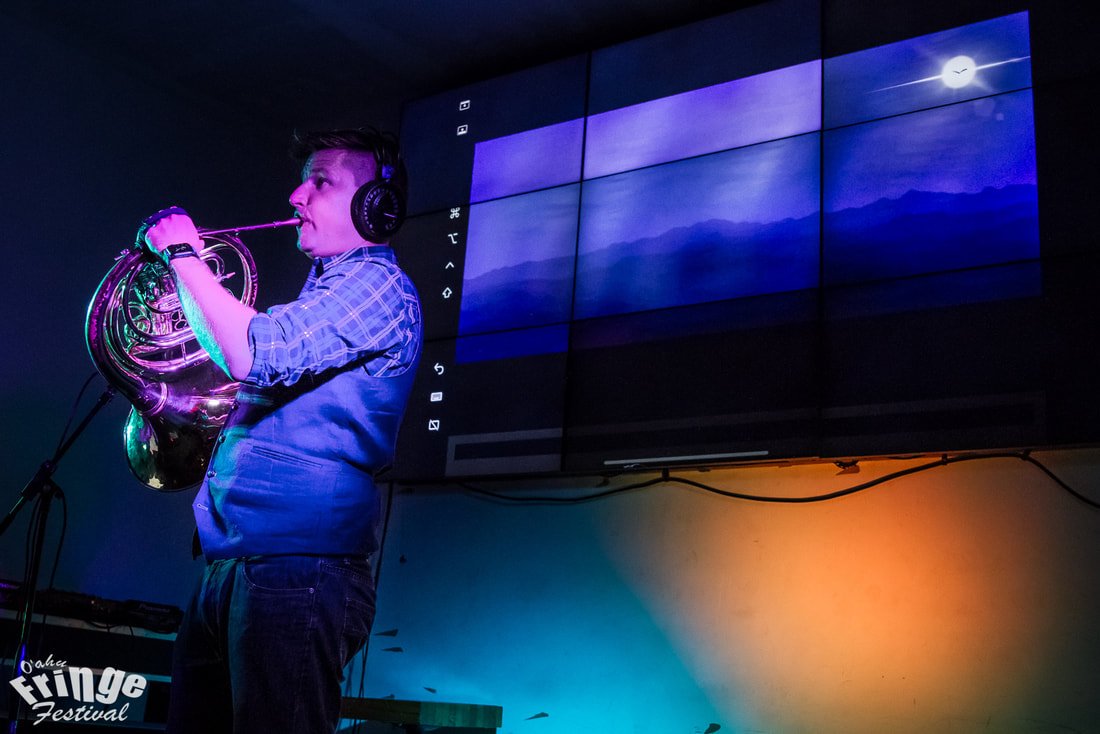
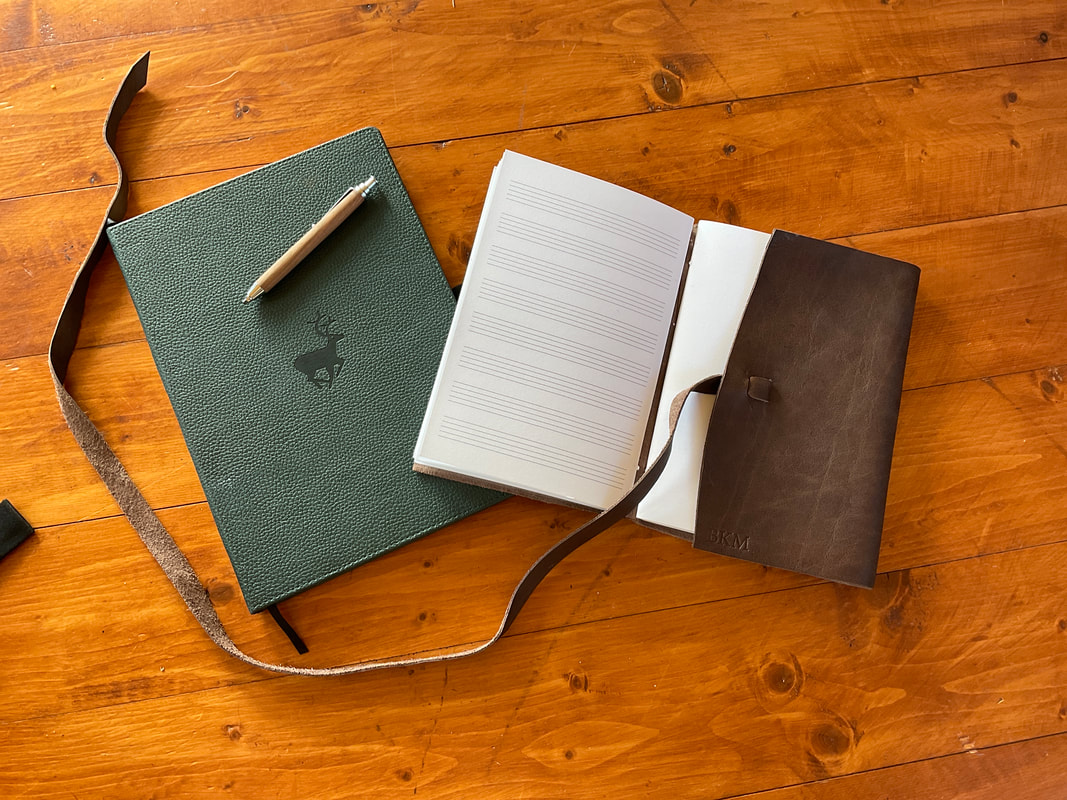
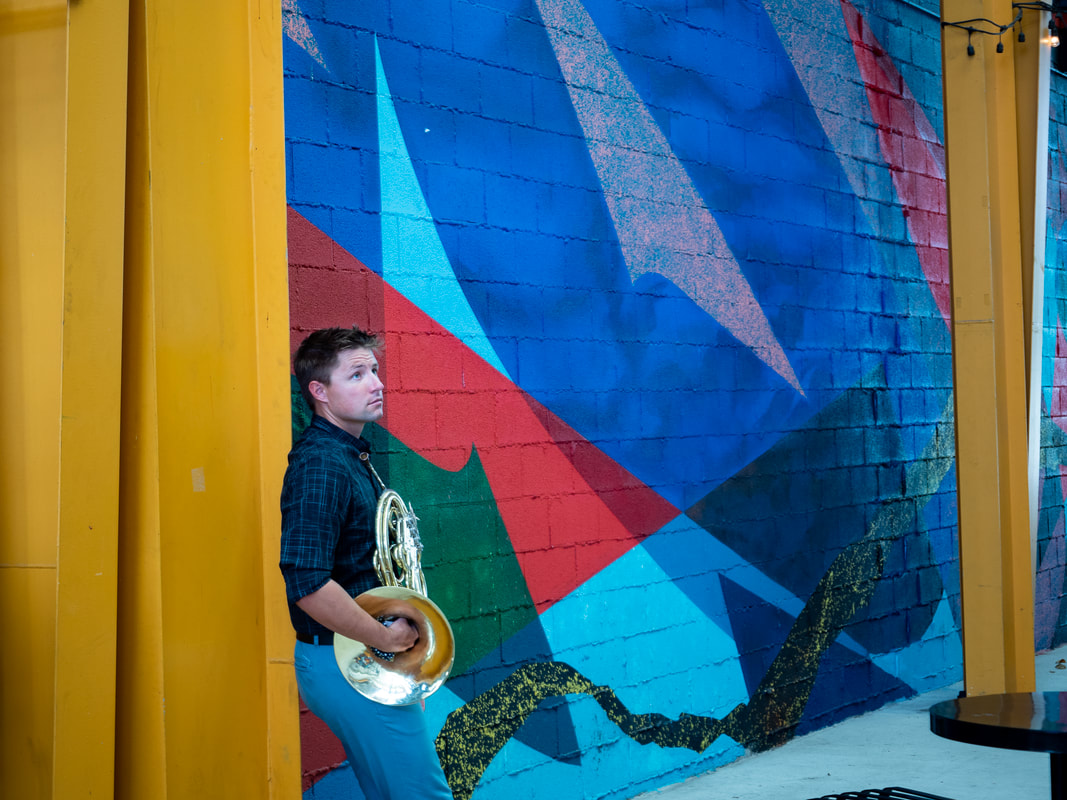
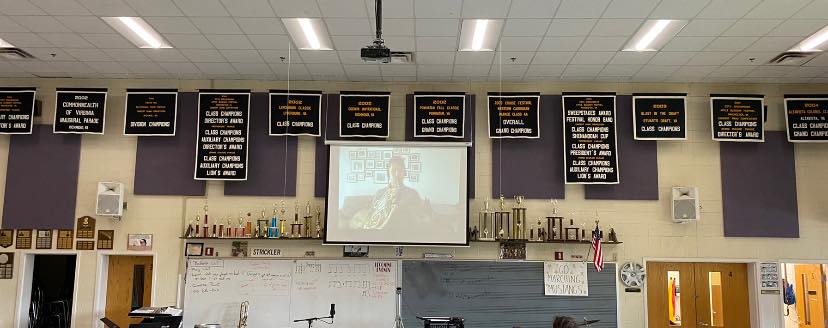
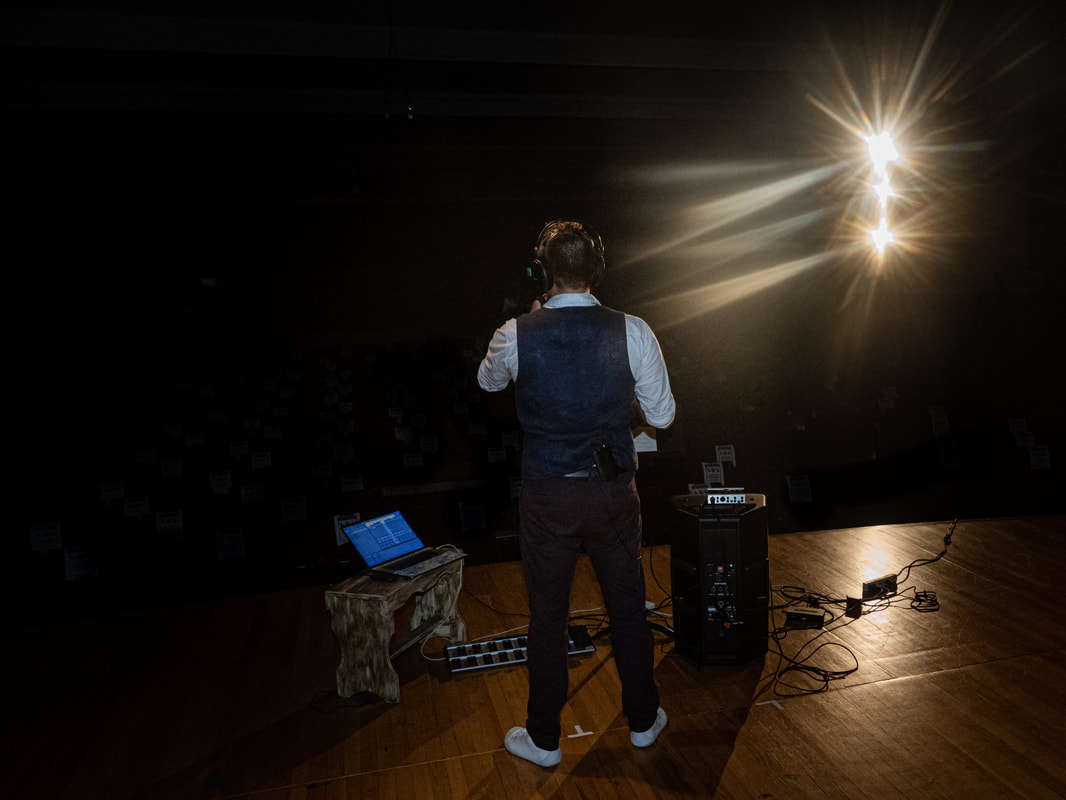
 RSS Feed
RSS Feed